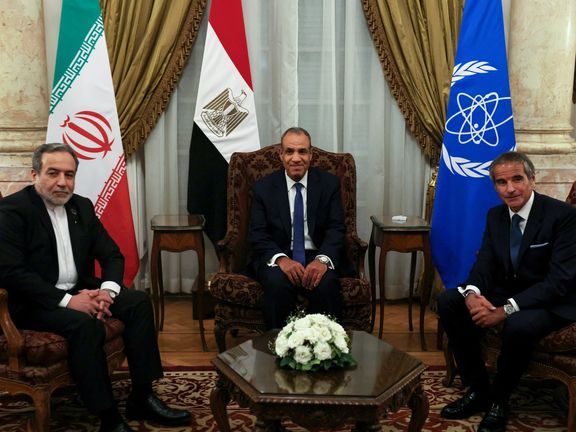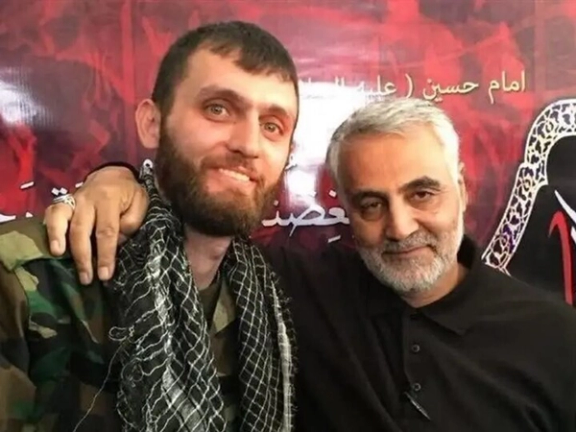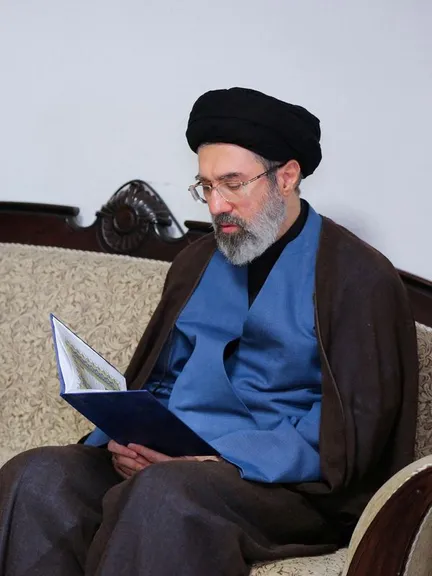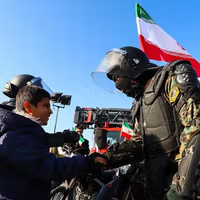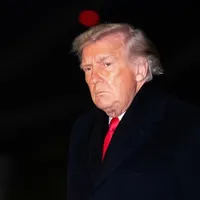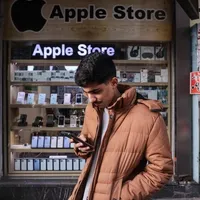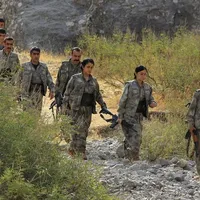The airstrikes on Tuesday apparently sought to assassinate Hamas's leadership and negotiating team, drawing condemnation from Qatar and its Arab neighbors.
They seemed to miss their intended targets, killing a Qatari security official and five lower-ranking Hamas personnel.
Miri Eisin, a retired colonel in the Israeli military who served in the intelligence establishment, said the attacks' upshot for Israel remains unclear, but even if unsuccessful sends a message of strength to Iran.
“This is actually something that shows Israel’s intelligence prowess. Even if the operation wasn’t successful and the leaders of Hamas left a few minutes before, we still know where they were,” she said.
“It makes everyone go ‘oh my god, Israel has amazing intelligence and operational capabilities and that threatens Iran’," Eisin added.
A 12-day surprise Israeli campaign against Iran in June battered the Islamic Republic's military and nuclear infrastructure and killed hundreds of civilians and military personnel along with several top nuclear scientists.
Israeli leaders mooted assassinating Iran's Supreme Leader Ali Khamenei but apparently made no attempt to do so, while Iran's President Massoud Pezeshkian, the parliament speaker and the judiciary chief survived an attack.
32 Israelis were killed in Iranian counterattacks, even as Israeli attacks on Iranian air defenses appeared to give Israeli planes free reins in enemy skies.
“They see that we have Qatar, and anywhere in Iran," Eisin said. "That’s very threatening and has an intimidating effect on Tehran. However, it also intimidates a lot of our other allies like the UAE and Bahrain.”
Those two Persian Gulf states had opened formal relations with Israel in the so-called Abraham Accords in 2020, but both condemned the attacks.
Qatar’s Emir Sheikh Tamim bin Hamad Al Thani condemned what he called a “reckless criminal attack” in a phone call with US President Donald Trump according to an official readout, adding it was “a flagrant violation of its sovereignty and security."
Trump told reporters he was "very unhappy about it, very unhappy about every aspect."
'Loose cannon'
Former Israeli military intelligence chief, Danny Citronowicz, said the move may bring diplomatic fallout and that Iran may now seek to exploit the strikes to drive a wedge between the Persian Gulf powers and Israel.
“It makes Israel seem like a loose cannon so it’s something Israel must take into consideration,” Citronowicz said. “The possible risk of spillover will worry the UAE and Saudi Arabia. Iran will now be able to pressure these countries with connections to Israel and exploit this to push their own agenda.”
Saudi Arabia is widely seen as the an ultimate diplomatic prize for Israel's drive to normalize its relations with regional powers. The world's top oil exporter is weary of Iran's regional policies but has said it will not recognize Israel until a Palestinian state is established.
Benham Ben Taleblu, an Iran expert at the US think tank the Foundation for the Defense of Democracies (FDD), told Iran International that the strikes conveyed that Israel is prepared to carry out assassinations despite diplomatic risks.
"Israel’s strike against Hamas leaders in Doha is yet another sign to the Islamic Republic and its Axis of Resistance that its terrorist leaders will not be be safe hiding in plain sight," he said.
However, the Iranian-American director of FDD"s Iran program said Iran will capitalize on the Doha attack for its political gains.
"Tehran is trying to spin the attack as a growing ring of Israeli aggression and part of quest for hegemony, which is quite rich for a regime which just orchestrated a multi-front war against Israel," he added.





